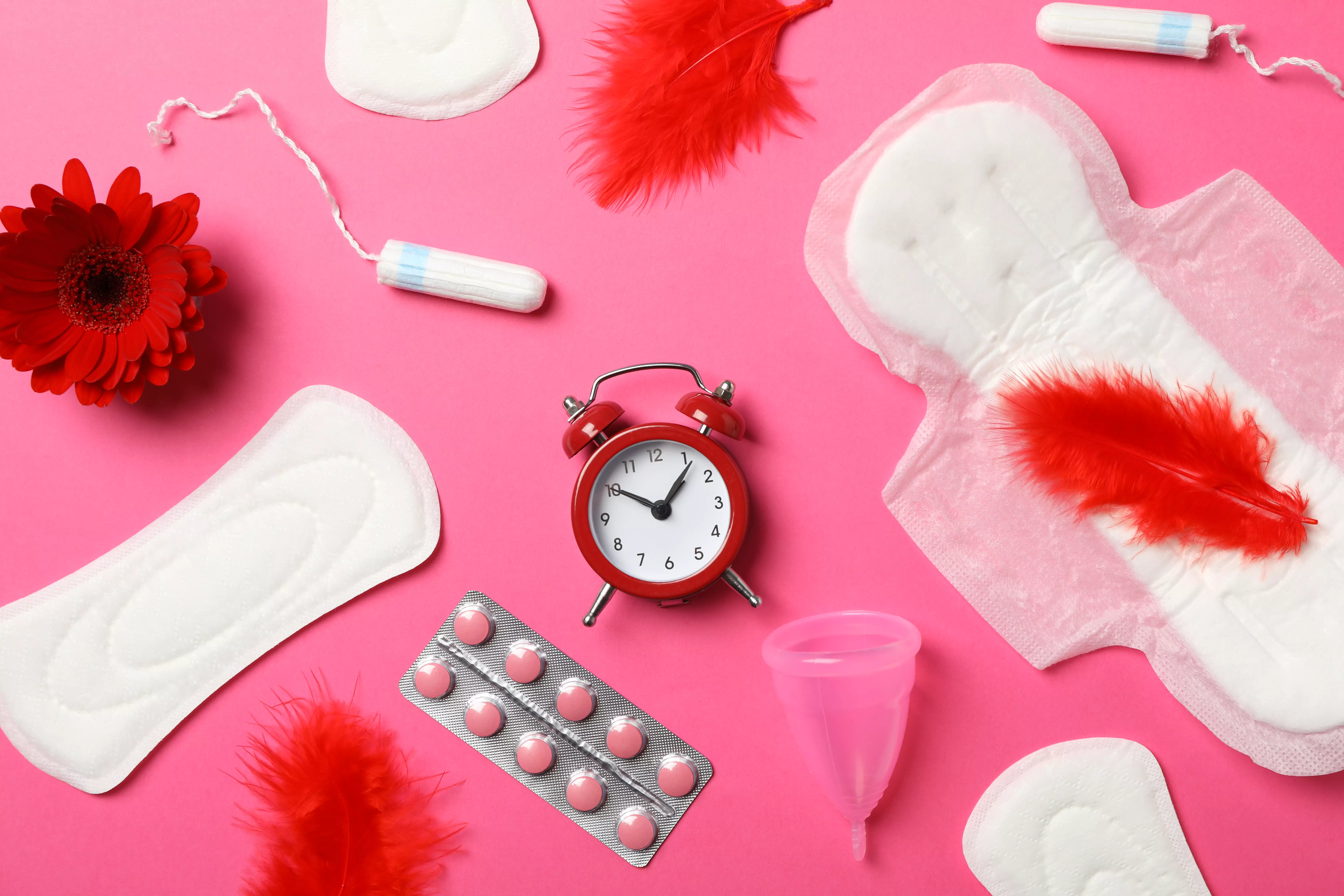Introduction
Menstrual period is a natural process that every woman experiences every month for most of her life. It is a time that can be challenging for many women, as it involves various ailments and changes in mood. In this article, we will discuss how best to take care of women's health during the menstrual period.
Diet and health during the menstrual period
One of the key factors affecting women's health during the menstrual period is diet. It is important to consume the right amount of nutrients to ensure that the body has all the necessary substances.
It's important to make sure your diet contains the right amount of protein, which is essential for building and regenerating tissues. Protein can be found in products such as meat, fish, eggs, dairy and legumes.
In addition, vitamins and minerals play a key role in maintaining women's health during the menstrual period. You should focus on consuming iron-rich foods, which help prevent anemia, and B vitamins, which support the nervous system and metabolism.
Also be sure to regularly consume omega-3-containing ingredients, such as nuts, fish or vegetable oils, which have anti-inflammatory effects and can help relieve menstrual pain.
Physical activity and health during the menstrual period
Physical activity plays an important role in women's menstrual health. Regular exercise can help reduce menstrual discomfort and improve overall well-being.
Light exercise, such as walking or yoga, can help relieve painful menstrual cramps. Physical activity increases blood flow and endorphins, which can lead to reduced pain and improved mood.
However, it is important to find the right balance. Excessive physical activity can worsen menstrual discomfort, so listen to your body and adjust the intensity of your workout as needed.
Healthy lifestyle and menstrual period
A healthy lifestyle includes many aspects that can affect women's health during the menstrual period. It is important to take care of regular sleep, avoid stress and keep the body properly hydrated.
Insufficient sleep can lead to hormonal disturbances and a worsened sense of well-being during menstruation. It is important to take adequate time for rest and recuperation.
Stress can also have a negative impact on the health of menstruating women. Regular relaxation practices, such as meditation or aromatherapy, can help reduce stress and improve well-being.
Adequate hydration of the body is extremely important during menstruation. It is worth remembering that the body needs extra fluids to compensate for blood loss. Many women experience a reduction in swelling and pain after consuming more water.
Regular examinations and medical consultations
Last, but not least, an important aspect of taking care of women's health during the menstrual period is taking care of regular examinations and medical consultations.
Regular gynecological examinations allow early detection of possible pathological changes and diseases. It is important to consult a doctor in case of severe or unusual menstrual discomfort.
With proper medical care, menstrual symptoms can be effectively alleviated and possible health risks can be minimized.
Summary
Taking care of women's health during the menstrual period is extremely important. A proper diet, regular physical activity, a healthy lifestyle and regular medical checkups are key to maintaining health and well-being during menstruation. It is important to listen to your body, take care of yourself and not underestimate possible discomforts. Taking the above tips into account, you can minimize the negative effects of the menstrual period and enjoy a healthy and comfortable life.